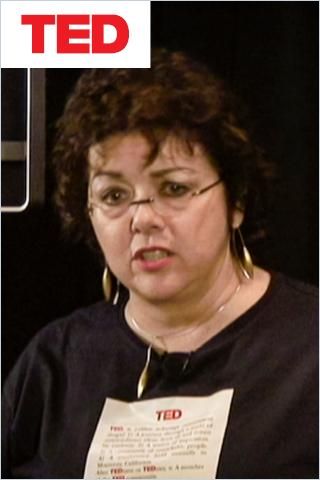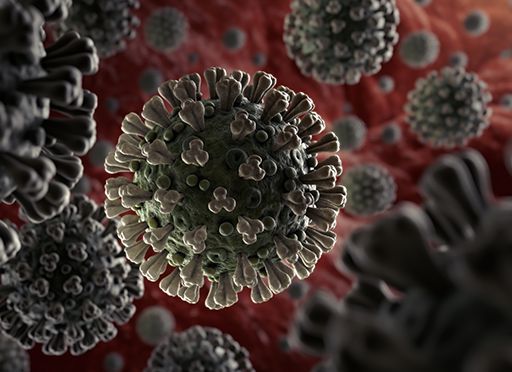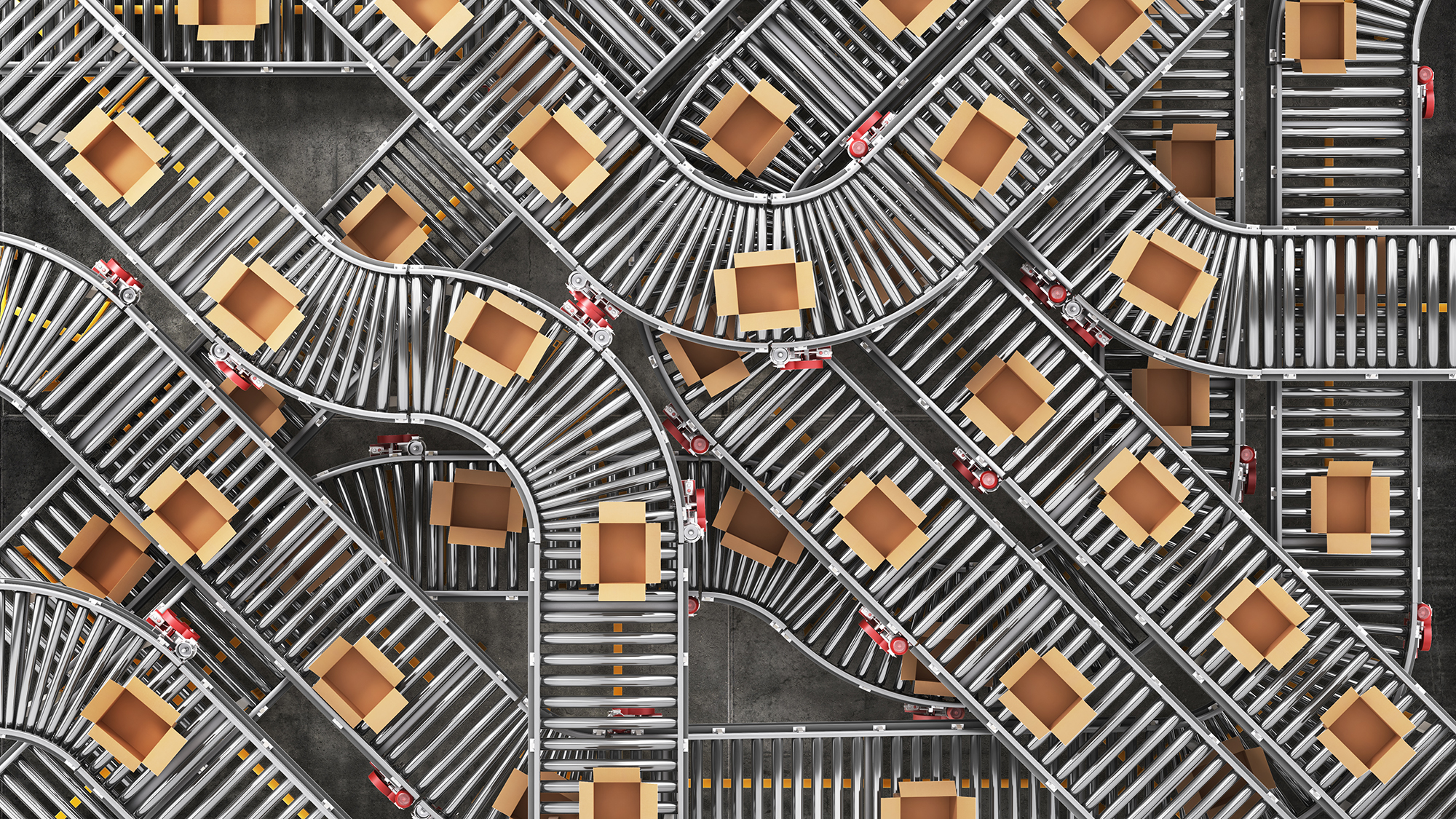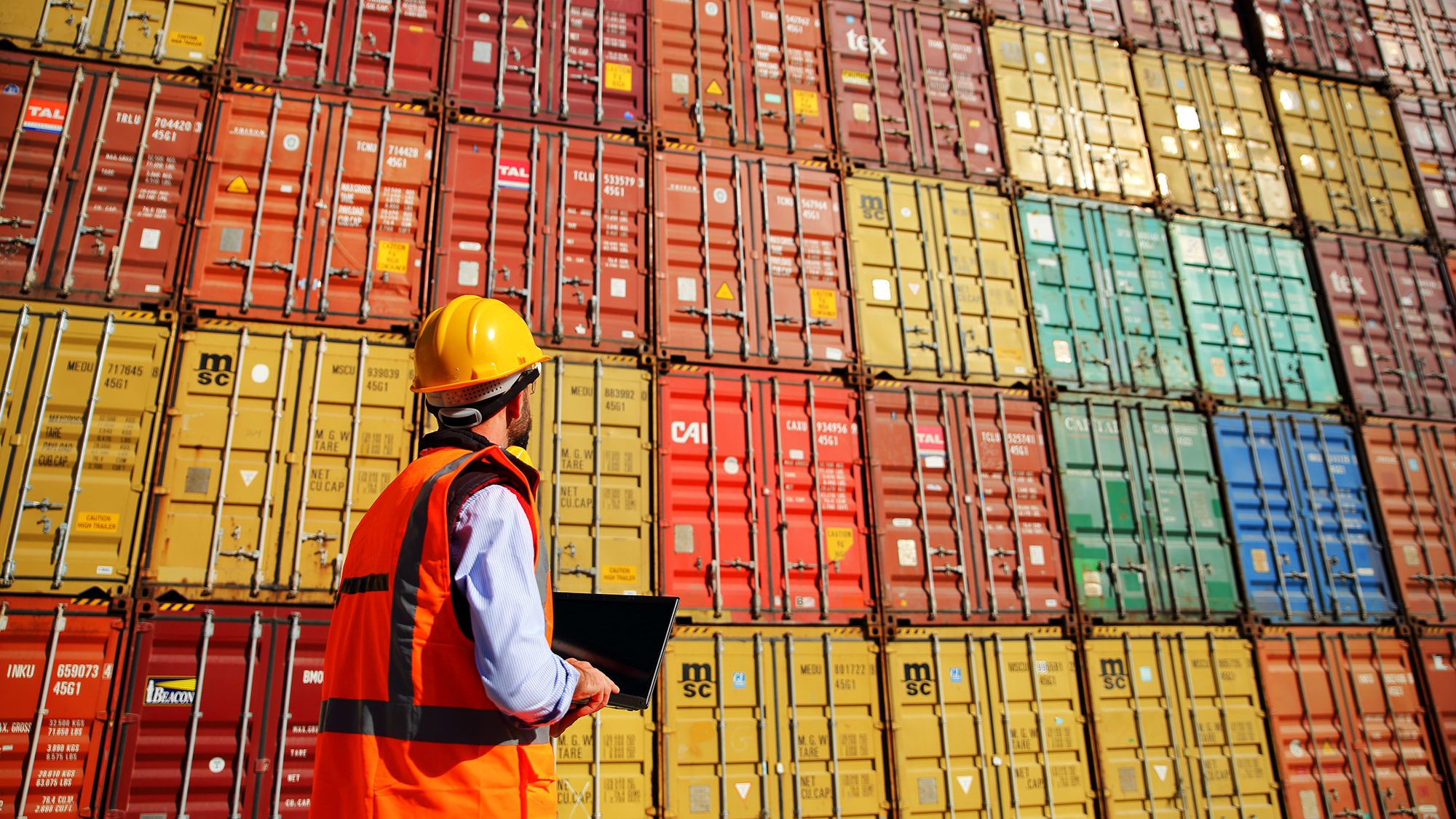How Pandemics Change the World

The New Yorker currently features an interesting interview with Frank M. Snowden, a professor emeritus of history and the history of medicine at Yale University, who studies the consequences of disease outbreaks. In his new book, Epidemics and Society: From the Black Death to the Present, he explains in great detail the profound effects the disease outbreaks had on politics, economies and societies.
For him, fighting a disease is only the first step of many, and he believes:
The main part of preparedness to face these events is that we need as human beings to realize that we’re all in this together, that what affects one person anywhere affects everyone everywhere, that we are therefore inevitably part of a species, and we need to think in that way rather than about divisions of race and ethnicity, economic status, and all the rest of it.
Frank M. Snowden
Currently, especially, it makes sense to think with the head and not with the gut. As human beings, however, we unfortunately often think with our gut and not with our head, which is not necessarily conducive to a long-term perspective.
What this looks and sounds like can be illustrated by how we’ve dealt with the current crisis: First, we played down our problems. Remember the conversations we had in front of the Christmas tree roughly three months ago? “What do we care about a new flu in China?” Then, second, we react hysterically: “What, we must stay home!? But do we have enough toilet paper?” And only then, slowly, are we realizing that our current problem with a virus is not yet the biggest problem we have to deal with: “A recession? Isn’t that a slight exaggeration?”
To put it frankly: No, it’s not. Here’s why:
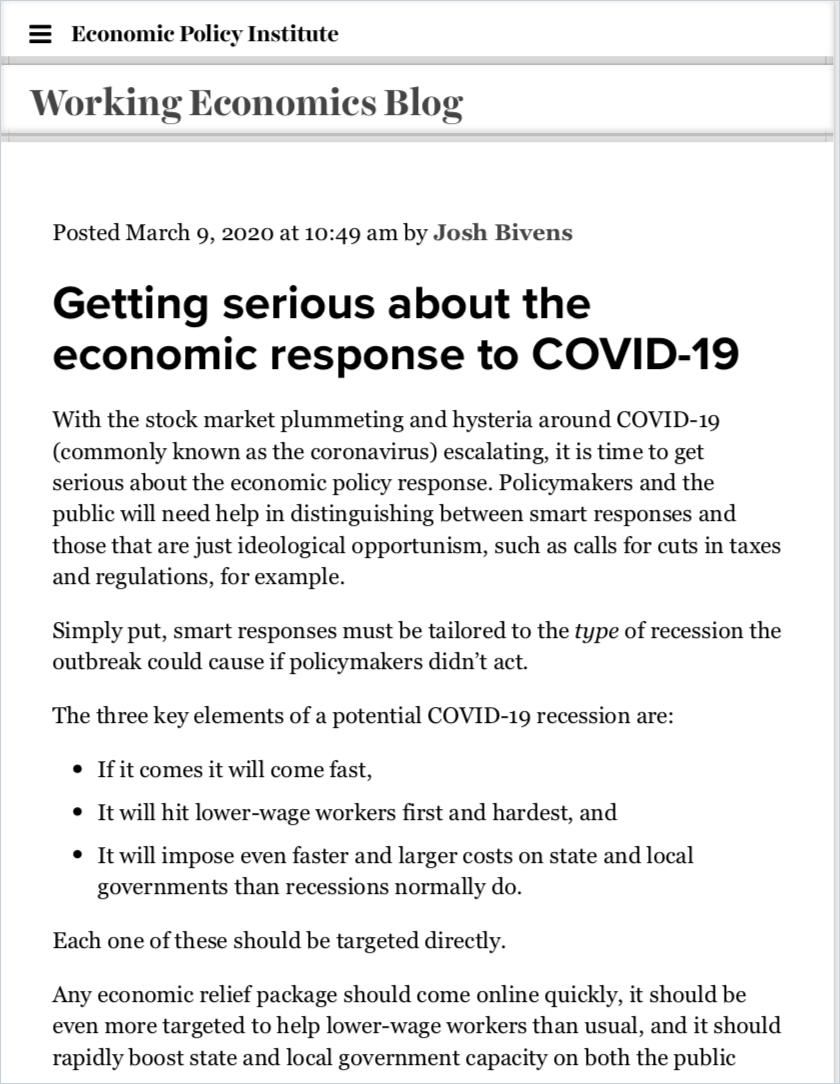
And because far-reaching consequences for the (world) economy are never without consequences for society, it is imperative that we prepare today for the problems and opportunities of the coming months and years. Here is a little pre-taste:
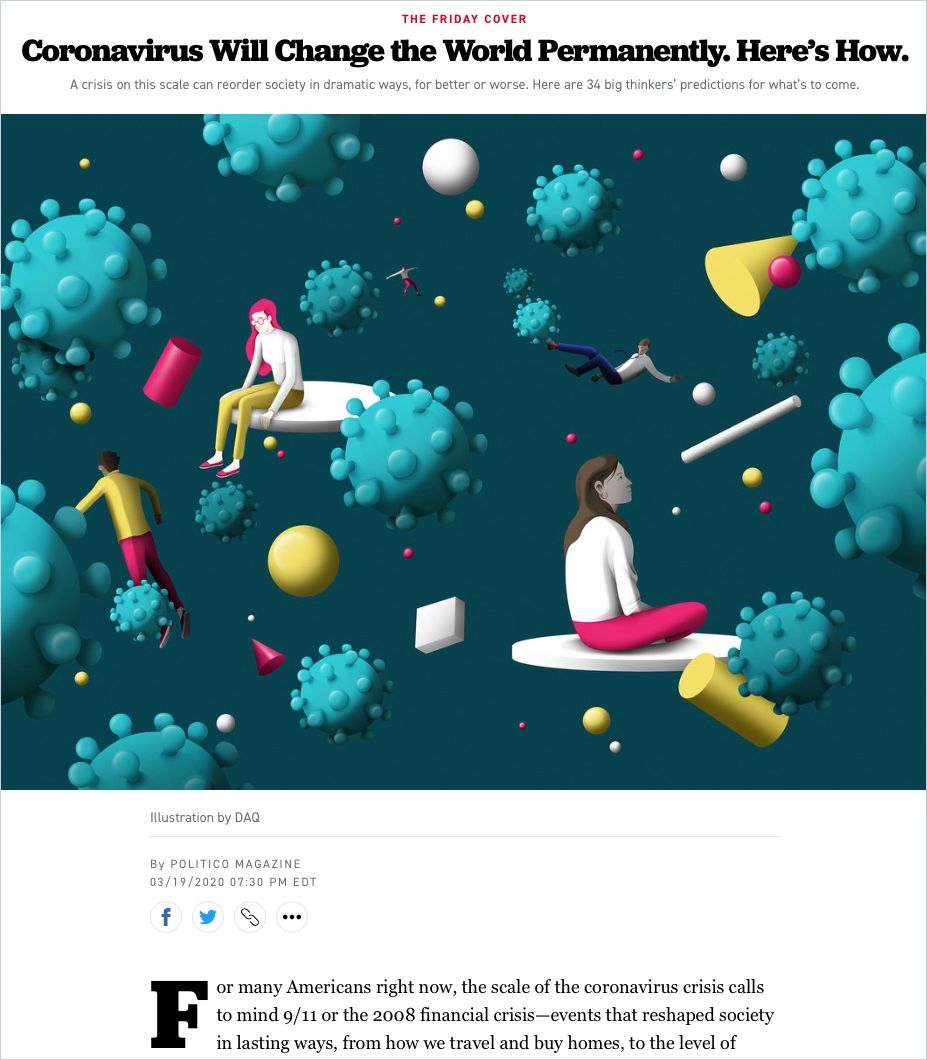
Coronavirus Will Change the World Permanently. Here’s How.
Politico MagazineSo what else can we learn from past disasters that are not dissimilar to ours today? Helpful sources are the available data on the one hand, and the history books on the other, which are more easily accessible to many.
Here are our reading recommendations on the lessons of the past for a better future:
Dealing with Disease
By describing previous epidemics and pandemics, where and why they originated, how they spread, how and why governments and public health authorities responded to them, and what eventually contained them, medical historian Mark Honigsbaum offers a road map to understanding and coping with the novel coronavirus disease 2019 (COVID-19).
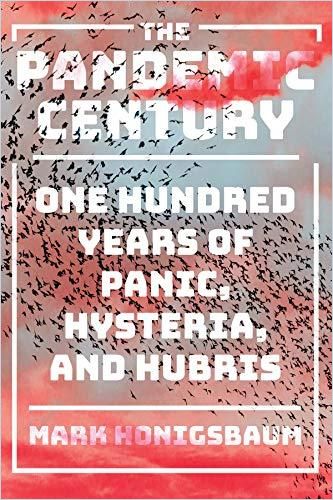
Thomas J. Bollyky, director of the Global Health Program at the Council on Foreign Relations, details the battle against infectious diseases in this fascinating look at history through the lens of microorganisms. Throughout history, contagious illnesses did tremendous damage, with significant societal impact. Readers who enjoyed Jared Diamond’s Guns, Germs and Steel will find compelling insights here – at least about germs – and anyone with an interest in the historic evolution of public health policy will also be intrigued.
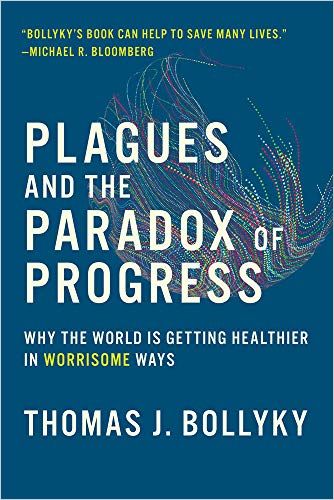
Dealing with Short-Term Thinking
Tech expert Douglas Rushkoff believes today’s problem is “present shock.” Phones beep constantly with tweets and text alerts that are immediately outdated. Firms make decisions based on short-term gains. Rushkoff argues that today’s world can learn from the ancient Greeks, who thought of time both qualitatively and quantitatively.
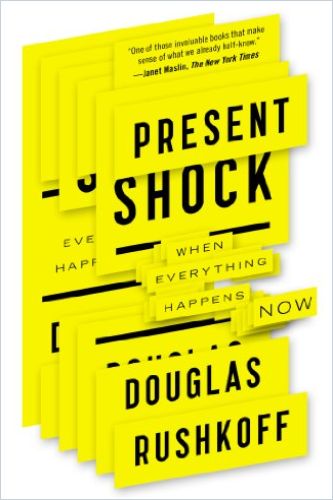
Can a storied organization as large as the Mayo Clinic be creative and embrace change? The answer matters: Your organization might not be responsible for treating the sick, but the Mayo Clinic Center for Innovation (CFI) can help it address the challenges of a changing world. Three of CFI’s founders and leaders walk you through how Mayo – with more than 2,000 doctors and 50,000 employees – keeps pace with innovation and change.
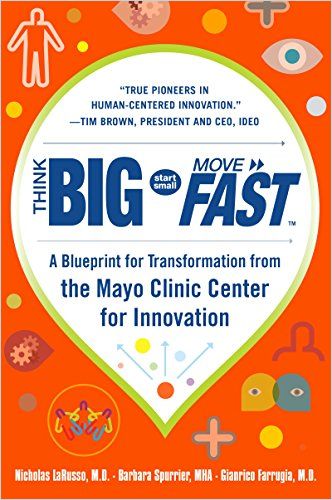
Dealing with Inequality
Stanford professor Walter Scheidel argues that more-equal distributions of wealth correlate with calamitous events – world wars, communist revolutions and devastating pandemics. His fascinating analysis covers historic lost empires, the Black Plague, World Wars I and II, the Russian and Chinese Revolutions, and the collapse of Somalia, among many other historical eras and trends.
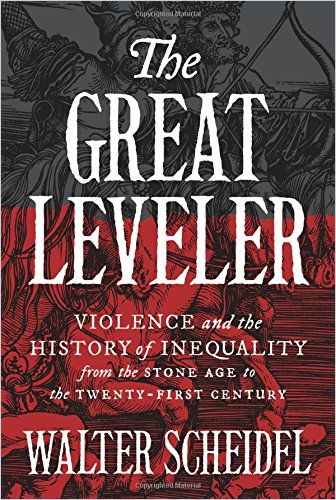
Dealing with Politicians
Alas, as the COVID-19 crisis illustrates, governments are remarkably ill-prepared for a global pandemic. Science journalist Laurie Garrett, speaking at TED in 2007 amid the bird flu scare, advises putting pressure on your political representatives to provide a credible plan – and of course this also applies to the time after the immediate dangers of a disease have been averted.
